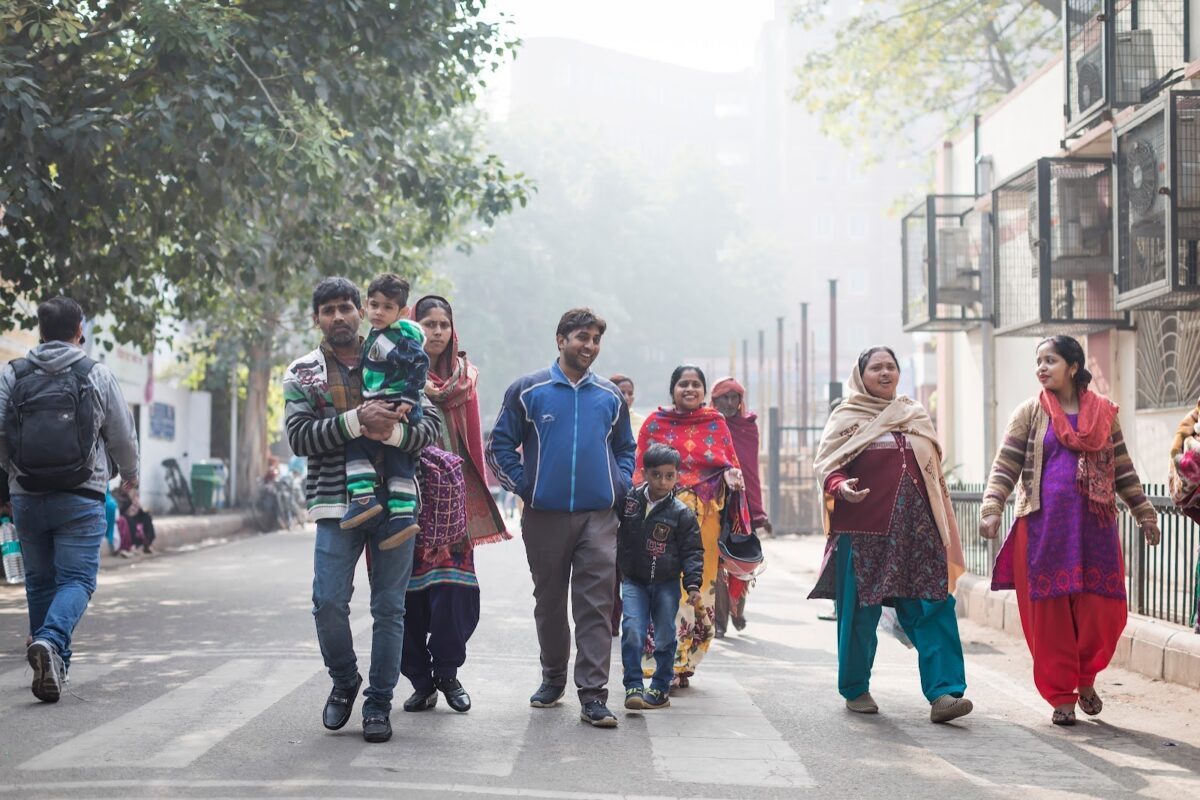FIND, the global alliance for diagnostics and Unitaid are investing US$2 million in a coordinated advocacy programme spanning 19 low- and middle-income countries (LMICs) designed to boost access and uptake of COVID-19 tests and treatments. A total of 21 organizations with a diverse range of healthcare expertise have been selected from more than 300 applicants, following a request for proposals (RFP) and competitive selection process that included assessment by a panel of independent reviewers. Criteria for funding included previous public health advocacy experience and expected impact of test-and-treat advocacy in the targeted region.
Projects range in duration from 6 to 18 months, and will raise awareness of COVID-19 testing and treatment among the public, key opinion leaders, and specific high-risk and vulnerable groups. Partners include (listed alphabetically by country): Mhair Educational, Health and Human Rights Organization (Afghanistan), Family Planning Association of Bangladesh (Bangladesh), IMAG Communication (Burkina Faso), Maison des Associations de lutte contre le Sida (Burkina Faso), Health Poverty Action Cambodia (Cambodia), Caritas Développement Mbujimayi (Democratic Republic of the Congo), TB Alert India (India), Pi Consulting (India), Kenya AIDS NGOs Consortium (Kenya), Health Poverty Action Laos (Laos), Caritas Lesotho (Lesotho), ESTAMOS (Mozambique), REDTRANS (Nicaragua), Shifa Foundation (Pakistan), Media for Deaf Rwanda (Rwanda), South Sudan Community Change Agency (South Sudan), Sikika (Tanzania), Université Mahmoud El Materi (Tunisia), HEPS (Uganda), Zambia Interfaith Working Group (Zambia), Pan-African Treatment Access Movement (Zimbabwe).



